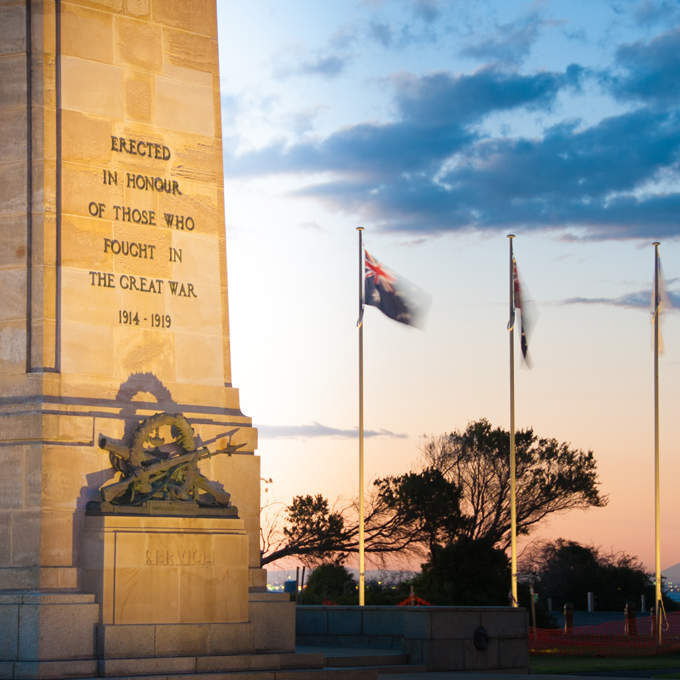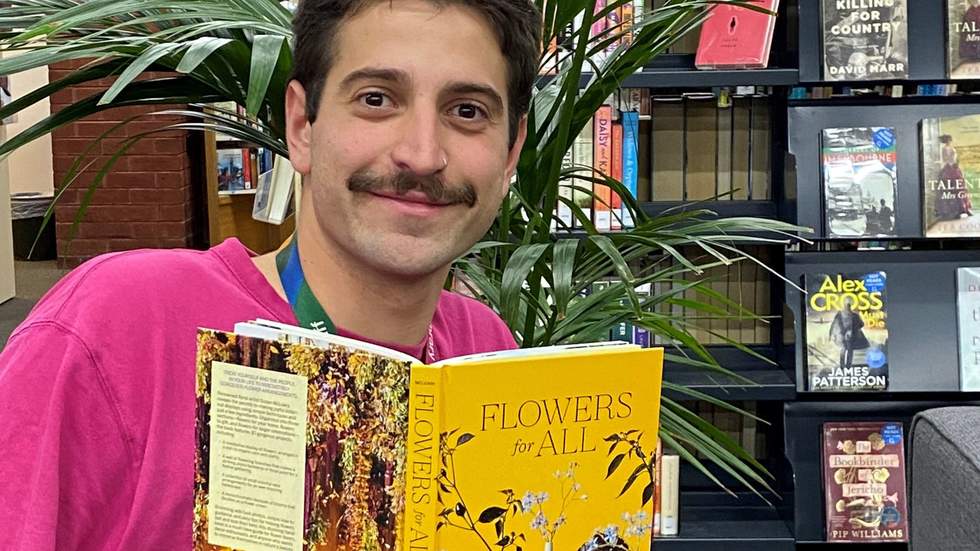Breaking bag habits
Baysiders are embracing recycling but one habit is jeopardising their great efforts – bagged recyclables
Our Binspection program has resumed and our bin inspectors have found some households are putting their recycling into bags before placing the bag into the recycling bin.
This contaminates the bin and prevents the recyclables from getting sorted correctly and recovered into new products.
Bagged recycling was the second most common contaminant found (after soft plastics) within contaminated recycling bins.
Contamination occurs when items that can’t be recycled are placed in the recycling bin. When recyclables are bagged, the entire bag and its contents is considered contamination and removed.
Recycling in bags can't be sorted at Material Recovery Facilities because they can:
- damage equipment by getting caught in the machines
- present a health and safety risk to staff who sort recycling as the contents of the bag are not visible and may include sharp objects
- contaminate recyclable material streams.
Baysiders are not alone in making this mistake. About 17% of Victorians put their recycling in plastic bags.
Putting loose, unbagged recycling items into your bin means they can be sorted and processed; more items can be made into new products (such as roads, footpaths, glass jars, planter boxes and benches and environmental impacts from new or raw materials are reduced.
Collect your recycling in a basket, plastic tub or cardboard box and tip the contents into your household recycling bin so that all items go in separately.
Check what can be recycled
Your blue recycling bins accepts:
- aluminium foil, cans and trays
- steel cans and trays
- glass bottles and jars and lids
- paper and cardboard
- rigid household plastics and their lids e.g. milk bottles, soft drink bottles, washing liquid bottles, yoghurt tubs, etc.
Check what can go in your bins for more information.
Some items that don’t belong in the recycling bin can still be recycled elsewhere.
Soft plastics can be recycled via REDcycle’s program available at most major supermarkets, Council’s Corporate Centre in Sandringham, and Beaumaris Library.
Paper towel can be disposed of in your food and garden waste bin and/or backyard compost.
Small household e-waste (electronic waste) like batteries, mobiles, CD’s can be recycled at community recycling stations available at Bayside’s Corporate Centre in Sandringham and Beaumaris, Brighton and Sandringham libraries. Larger quantities or items can be taken to the Copper Rock Bayside Waste and Recycling Centre.
Find out where you can dispose of other household waste for items that can’t go in your recycling or rubbish bin by using our comprehensive A-Z Waste and Recycling Directory
Highly toxic items, such as chemicals, should never be put in your rubbish bins or poured down the drain. Find out how to Dispose of toxic household items (Detox Your Home).

